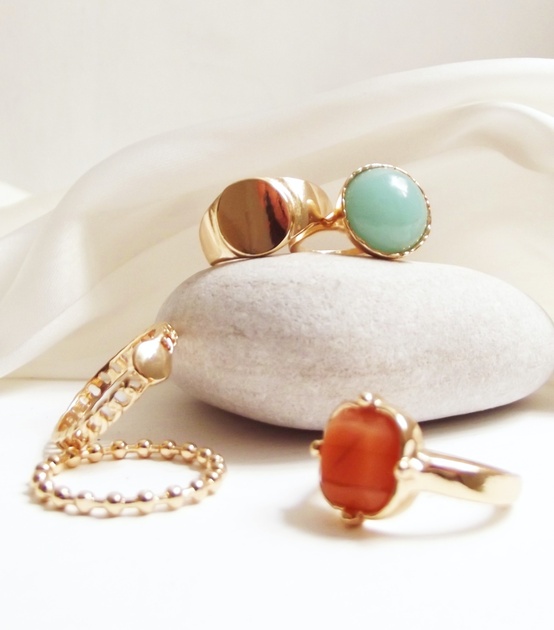
On a recent daf yomi (Kesuvos 63) we heard about the great sacrifices that Rochel made to support her husband, the famous Rabbi Akiva, in his study of Torah. As the well-known story goes, Rabbi Akiva was unlettered and unlearned, but Rochel saw great character and potential in him. She married him even though her wealthy father disowned her, and she endured 24 years of poverty while her husband studied Torah abroad.
When she finally sees her husband, she throws herself at his feet, kissing them. His students
zealously want to protect their rabbi from this apparent madwoman, but he says, “Leave her be,
what is mine and what is yours, is truly hers.” Presumably, Rabbi Akiva is attributing his success to Rochel. What did he mean, exactly?
Rashi says, here and in Nedarim (50a), it was through her that he came to learn Torah. More specifically, the Ran in Nedarim says it was Rochel’s idea that Rabbi Akiva learn Torah. The Gemara over there tells us in their depth of poverty, Rabbi Akiva said, ”If I had the ability, I would buy you a Jerusalem of gold”, which was a kind of crown the wealthy Jewish women wore. We know from Gemara Shabbos (59b) that Rabbi Akiva was eventually able to make good on his word, and bought her this piece of Jewelry. It is important to keep in mind some patterns of human behavior are just human. You would think, the great Tzaddekes Rochel would want perhaps a different gift? Possibly a leather bound machzor, a Tze’nah Ure’nah, or a Tehilim? But that’s not the way it works.
The Gemara Kesuvos later on (65a) tells us: ūōų╝ų░ūæųĖū©ų┤ūÖūØ ū®ūüųČūöųĖūÉų┤ū®ų╝ūüųĖūö ū×ų┤ū®ūüų░ū¬ų╝ūĢų╣ū¦ųČū¦ųČū¬ ūóų▓ū£ųĄūÖūöųČū¤, ūĢų╝ū×ųĘūÉūÖ ūĀų┤ūÖūĀų░ūöūĢų╝ — ū¬ų╝ųĘūøų░ū®ūüų┤ūÖūśų┤ūÖū¤. items that a woman desires [mishtokeket]. And what are these? Jewelry or other ornaments. Another interesting feature of the story is that when Rochel is about to greet Rabbi Akiva upon his historic return, her neighbors advise her to borrow some clothes and dress up. Rochel demurs and cryptically answers with a verse from Mishle (12:10): ūÖūĢų╣ūōųĄųŻūóųĘ ū”ųĘųŁūōų╝ų┤ūÖū¦ ūĀųČųŻūżųČū®ūü ūæų╝ų░ūöųČū×ų░ū¬ų╝ųæūĢų╣
A righteous man knows the needs of his beast. This is an odd statement. Ben Yehoyada here says, Rochel was emphasizing that their bond
was intuitive and instinctive, like an animal, as they were soul mates. Therefore she didn’t need any Jewelry. This Peshat works well with the idea that Rochel recognized Rabbi Akiva’s greatness when he was unlearned and a diamond in the rough. Ran in Nedarim says that Rochel was saying, “As a Tzaddik knows the heart of his beast, surely he knows my heart and how much I suffered on his behalf. He will understand why I have no money for adornments.” However, both of these peshatim do not explain why Rochel chose such a cryptic scriptural reference to make her point.
I would like to offer a different peshat. Rochel was actually referring to her knowledge of Rabbi Akiva’s basic instincts. 24 years ago, while feeling the anguish of their poverty (pulling straw out of her hair from their makeshift barn bed), he said he would get her this piece of jewelry. Rochel wanted to give Rabbi Akiva the chance of having the satisfaction of being the provider, and being the one to put Jewelry on her. This Peshat also fits well with the end of the same verse ūĢų░ųĮū©ųĘūŚų▓ū×ųĄųźūÖ ū©ų░ųØū®ūüųĖūóų┤ųŚūÖūØ ūÉųĘūøų░ū¢ųĖū©ų┤ųĮūÖ
But the compassion of the wicked is cruelty. Rochel was alluding to her neighbors who first mocked her and her poverty and now wanted to “help” by lending her clothes. Rochel realized it was wiser to let Rabbi Akiva feel like the winner after all these years. Think about it, if Rabbi Akiva came back and saw her all dressed up, wouldn’t he have a pang of concern, how did she manage to find the money to buy that? How many favors did he owe? In any case, ultimately after all this philosophizing, the upshot is don’t be too frum - go get your wife some nice Jewelry.
Simcha Feuerman maintains a private practice specializing in high conflict and couples. His practice is in Brooklyn, Queens and Boca Raton.) The following ideas are based on his daily blog, Psychology of the Daf.
Photo by luisana galicia on Unsplash
 Previous
Previous

